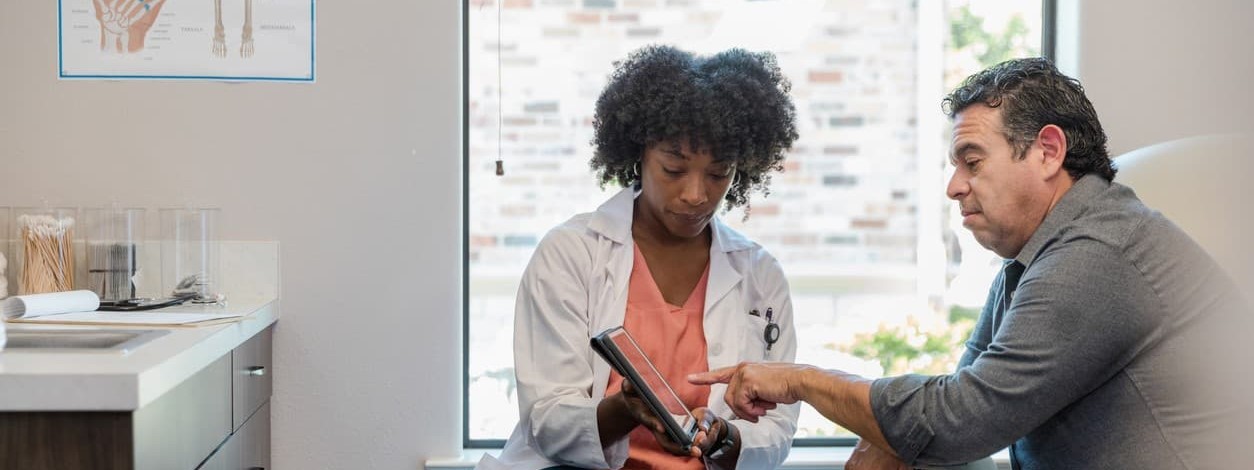
What is Drug Detoxification?
Drug detoxification is the process of removing drugs and alcohol from the body. It is the first step in many addiction treatment programmes, and it is important because it can help manage withdrawal symptoms and prevent dangerous complications.
Why is Drug Detox Important?
Drug detoxification is important because it can help people to safely and comfortably withdraw from drugs and alcohol. The withdrawal symptoms from this can sometimes be very severe and may even be life-threatening, so it is important to have medical supervision during detox.
Detox is also important because it can help to prepare people for addiction treatment. Once people are detoxed, they can begin to look at addressing the underlying causes of their addiction and developing coping mechanisms to stay sober.
How to Detox From Drugs Safely
Dangers of detox without medical guidance
Attempting to detox from alcohol or drugs without any medical guidance can be dangerous and even life-threatening. Withdrawal symptoms may often be quite severe and unpredictable, and some drugs can cause life-threatening complications during withdrawal, such as seizures, heart attacks, and strokes.
Detoxing at home without medical supervision also increases the risk of relapse. This is because people who are detoxing often experience intense cravings for the drugs or alcohol that they are addicted to. Without the support of medical professionals and other people in recovery, it can be difficult to resist these cravings, so knowing how to avoid relapse and coping mechanisms during and after detox is key.
Benefits of Medically-assisted Detox Programmes
Medically-assisted detox programmes offer a number of benefits over detoxing at home without medical guidance, including:
- Managed withdrawal symptoms: Medical professionals can monitor withdrawal symptoms and provide medication and other support to help people manage them safely and comfortably.
- Reduced risk of complications: Medical professionals can also identify and treat any complications that arise during detox.
- Reduced risk of relapse: Medically-assisted detox programmes typically provide ongoing support and treatment after detox to help people stay sober.
In addition to these benefits, medically assisted detox programmes can also help people to:
- Learn more about their addiction: Medically-assisted detox programmes can provide people with education about their addiction and how to recover from it.
- Develop coping mechanisms: Medically-assisted detox programmes can help people develop more healthy coping mechanisms to handle stress, cravings, and other triggers.
- Build a support network: Medically-assisted detox programmes can help people connect with other people in recovery who can provide support and understanding.
Overall, medically-assisted detox programmes offer an effective and safe way to detox from drugs and alcohol. They can help people manage withdrawal symptoms, reduce the risk of complications and relapse, and learn more about their addiction and how to recover from it.
Common Detox Methods
Tapering
Tapering is where there is a gradual reduction in the amount of drugs or alcohol that a person consumes. It is a common detox method because it can help to reduce the level of severity of the withdrawal symptoms.
The rate at which a person tapers will depend on the type of drug they are addicted to, how long they have been using it, and their individual health condition. It is important to taper under medical supervision to ensure that it is done safely and effectively.
Holistic detox approaches
Holistic detox approaches focus on addressing the whole person, including the mental, physical, and emotional aspects of addiction. They may include a variety of modalities, such as:
- Diet and nutrition
- Exercise
- Acupuncture
- Massage therapy
- Meditation
- Yoga
- Support groups
Holistic detox approaches can be used to supplement medically assisted detox or as a stand-alone treatment for people with mild to moderate addictions.
Personalised detox plans
Personalised detox plans are tailored to the individual’s specific drug use history and health condition. This is important because different drugs and different amounts of drug use can cause different withdrawal symptoms. Additionally, people with underlying health conditions may need to take special precautions during detox.
A personalised detox plan may include:
- The type of detox setting (inpatient, outpatient, or home)
- The rate of tapering (if applicable)
- Medications to manage withdrawal symptoms
- Other supportive therapies, such as counselling or support groups
When developing a personalised detox plan, medical professionals will consider the following factors:
- The type of drug(s) the person is addicted to
- The amount of drugs the person is using
- The duration of the person’s drug use
- The person’s overall health condition
- The person’s mental health history
- The person’s support system
It is important to note that there is no one-size-fits-all approach to detox. The best detox plan for one person may not be the best plan for another.
The Impact of Various Drugs on the Detox Process
Different drugs have different detox processes because they affect the body in different ways. For example, cocaine is a stimulant that can cause intense cravings, anxiety, and depression during withdrawal. Alcohol is a depressant that can cause dangerous physical withdrawal symptoms, such as seizures and delirium tremens. Detoxing from drugs safely is best done professionally in rehab.
Here is a brief overview of how various drugs may have unique detox processes:
Cocaine
Cocaine detox is primarily psychological, but it can also cause certain physical symptoms including fatigue, muscle aches, and headache. Cravings for cocaine are typically very intense and can make it difficult to stay sober.
Alcohol
Alcohol detox can be dangerous and should be done under medical supervision. Physical withdrawal symptoms can include seizures, delirium tremens, hallucinations, and tremors.
Opioids
Opioid detox can be both physically and psychologically challenging. Physical withdrawal symptoms can include nausea and vomiting, diarrhoea, sweating, chills, muscle aches, and insomnia. Psychological symptoms can include anxiety, depression, and cravings.
Benzodiazepines
Benzodiazepine detox can also be both physically and psychologically challenging. Physical withdrawal symptoms can include seizures, tremors, anxiety, and insomnia. Psychological symptoms can include anxiety, depression, and cravings.
Other drugs, such as marijuana and hallucinogens, typically have less severe withdrawal symptoms. However, it is still important to detox from these drugs under medical supervision to prevent any potential complications.
Get Help With Detoxing From Drugs
If you are struggling with overcoming an addiction and looking for help with detoxing, get in touch with us today. Our team of friendly phone staff are here to answer any questions you may have and provide you with all of the information you need to know to detox safely and overcome your addiction. If you want to find out how to detox from drugs safely, get in touch with us today.
Posted on Friday, November 3rd, 2023 at 11:05 am in Detox, Latest News.






 Call Us
Call Us Contact Us
Contact Us